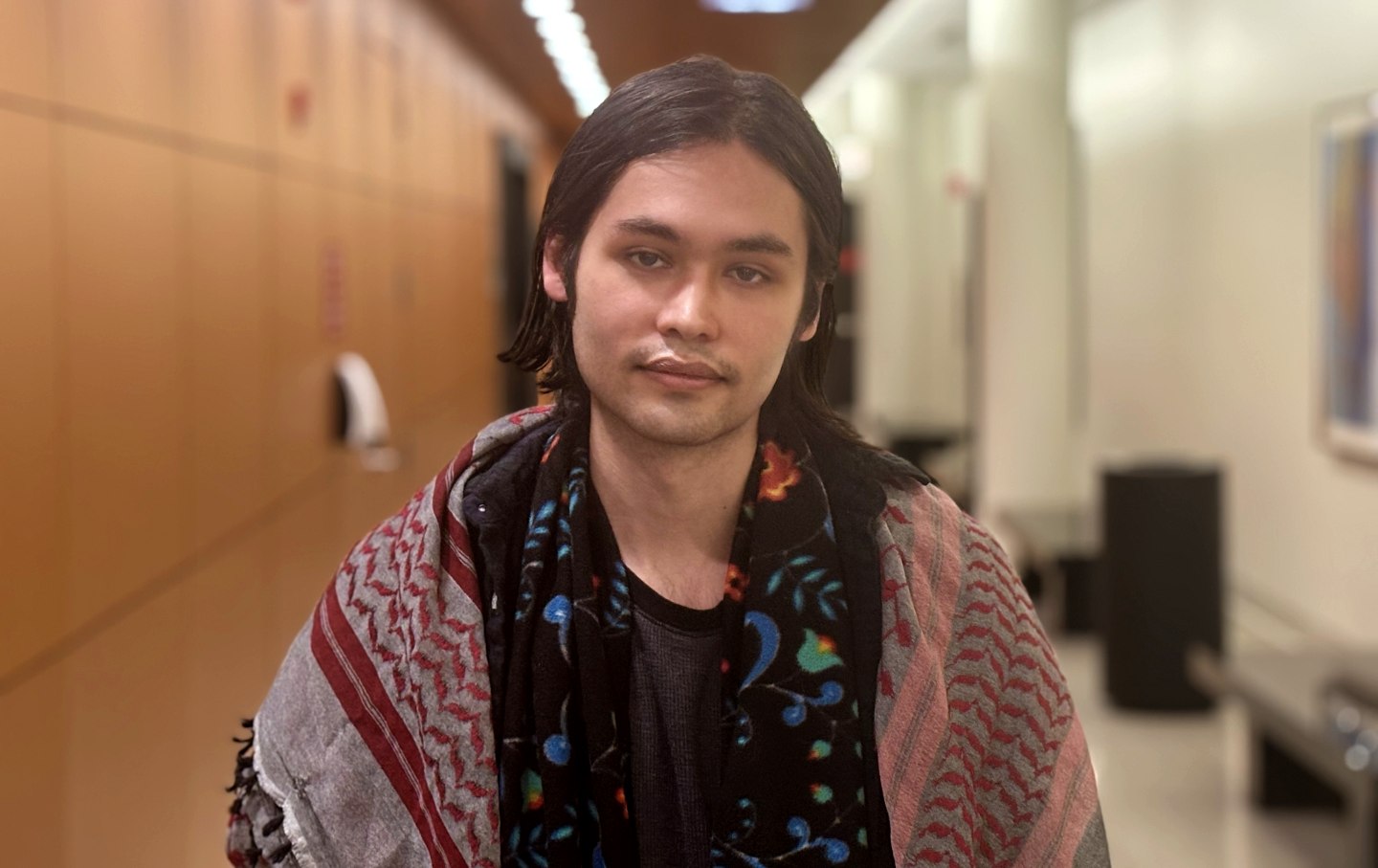
"Nitaawe Banks does not dispute that they sat down on the pavement the morning of April 15, 2024, to block the main highway to O'Hare International Airport, the words "Free Palestine" written on the PVC pipes they used to link arms with other protesters. But Banks argues that this action was born from a deeply held sense of duty to stop a harm far greater than clogged traffic: US support for Israel's genocide in Gaza."
"Banks was wearing a red-and-gray keffiyeh draped over a floral scarf designed by an Anishinaabe artist, a reference to their own Indigenous ancestry. They spoke calmly as they addressed the jury of 12, plus one alternate. "If there is any minuscule possibility of an action that I take making it so that harm is not incurred on another human being, it is incumbent upon me to take that action.""
"This concept of necessity is a legal defense. The idea is that sometimes it is necessary to break the law to prevent a more serious injury. The necessity defense has been repeatedly invoked in cases involving people who engage in acts of civil disobedience to protest the existential threat of climate change; more than 100 climate protesters in over 30 criminal cases have attempted to use it since 2009, with some successes."
Nitaawe Banks sat on the pavement on April 15, 2024, blocking the main highway to O'Hare International Airport and linking arms with other protesters using PVC pipes labeled 'Free Palestine'. The action was described as motivated by a duty to prevent greater harm from US support for Israel's military actions in Gaza. Court testimony noted Indigenous ancestry and a red-and-gray keffiyeh over an Anishinaabe-designed scarf, and asserted that any minuscule possibility of preventing harm made action incumbent. The necessity defense was invoked, a legal theory used by civil disobedience protesters, especially in climate cases, in more than 100 attempts since 2009, with some successes.
Read at The Nation
Unable to calculate read time
Collection
[
|
...
]